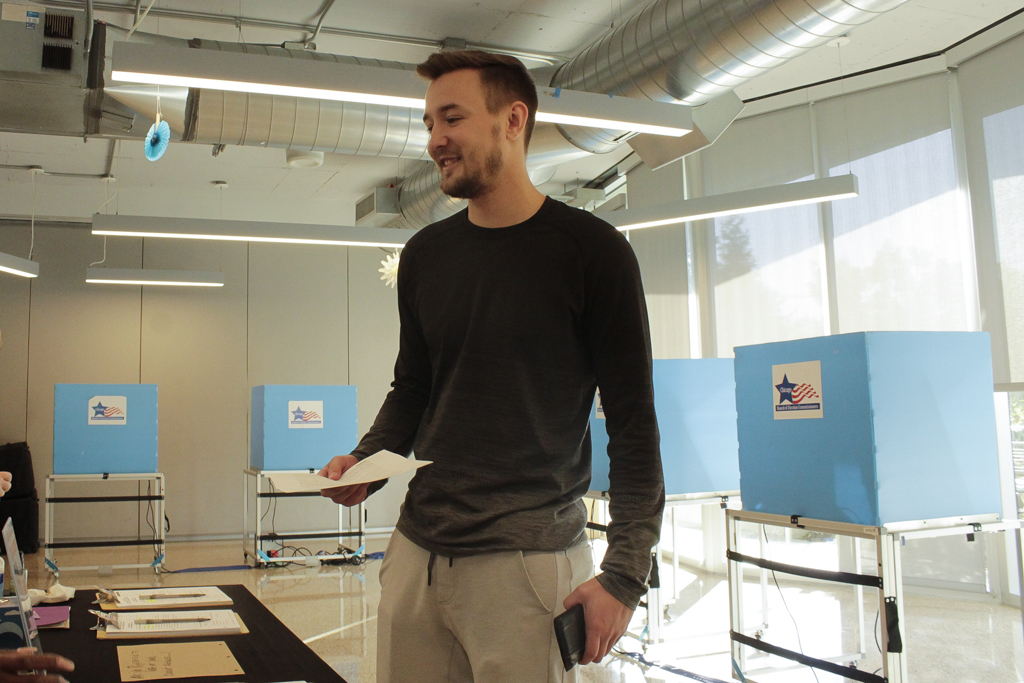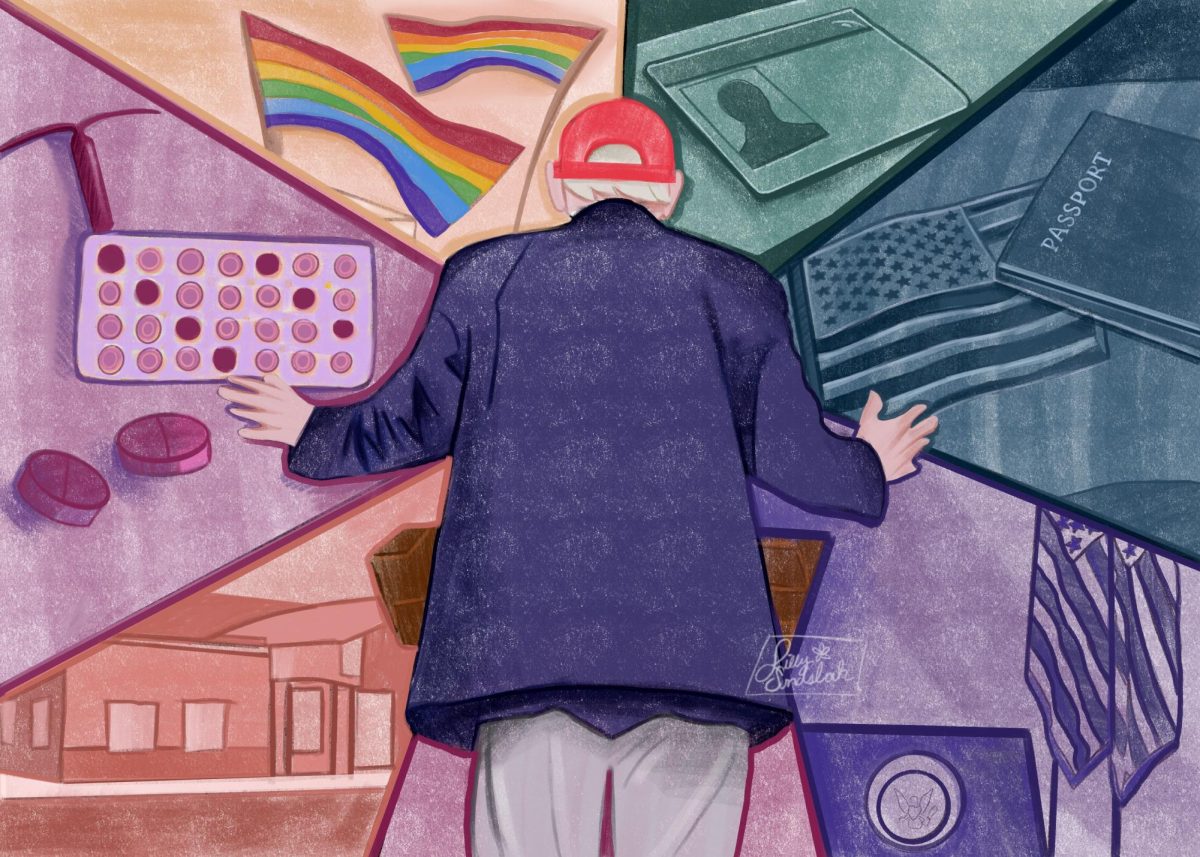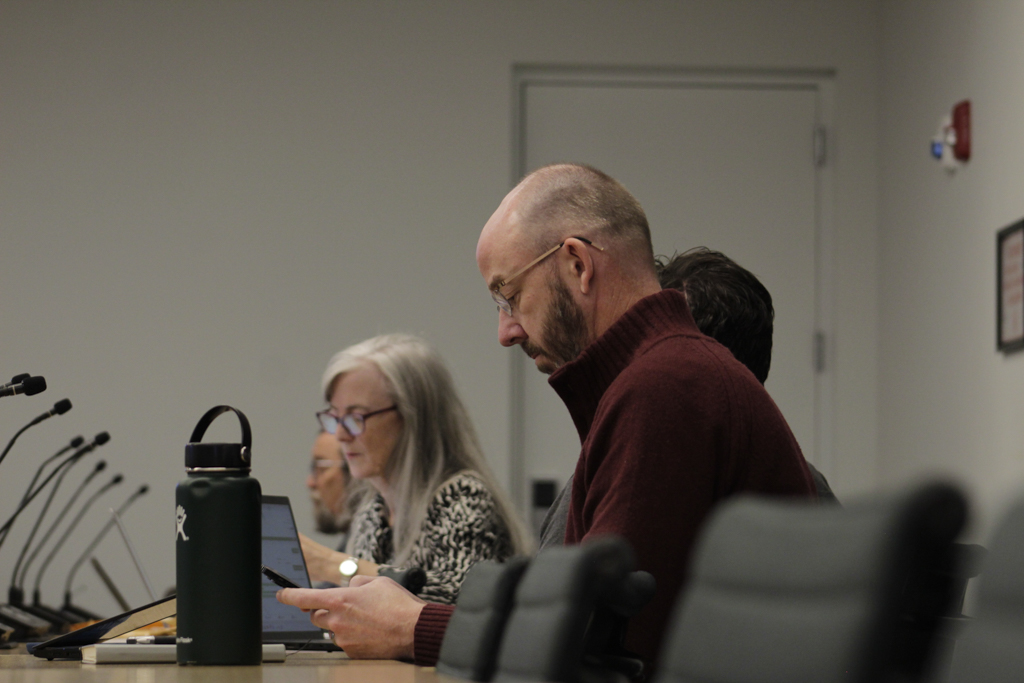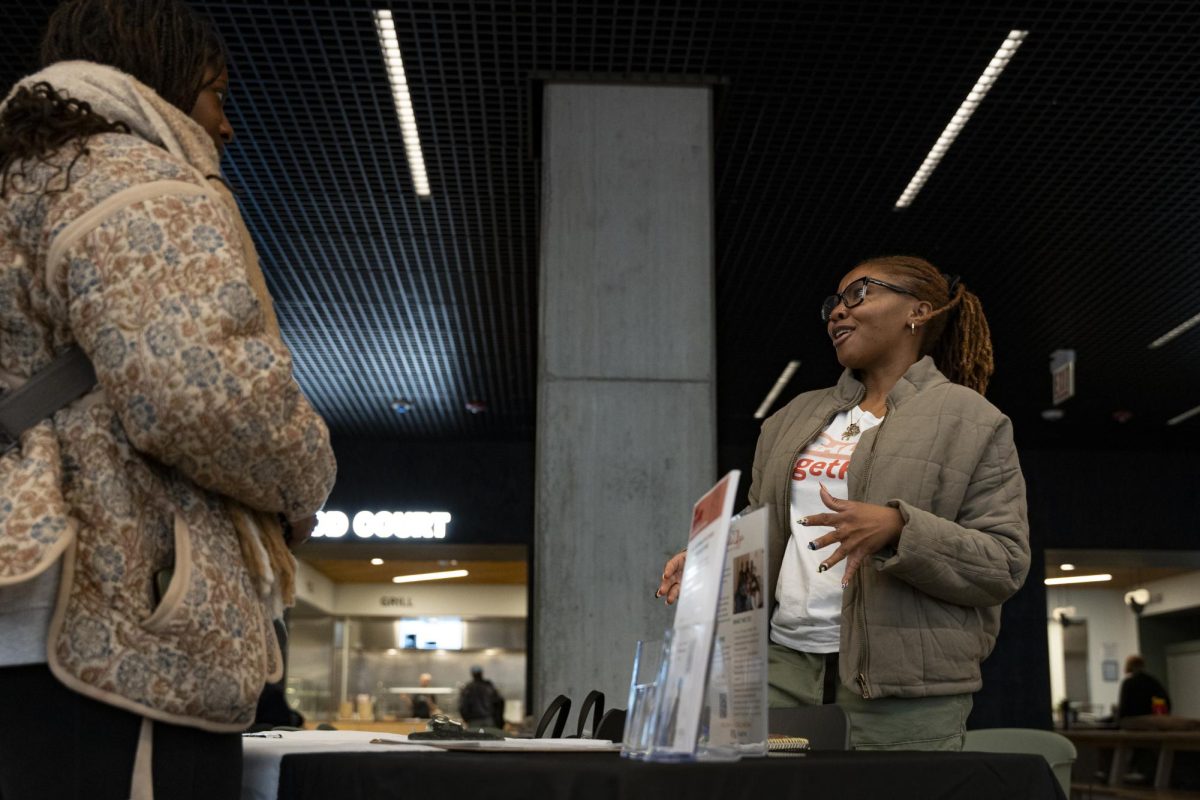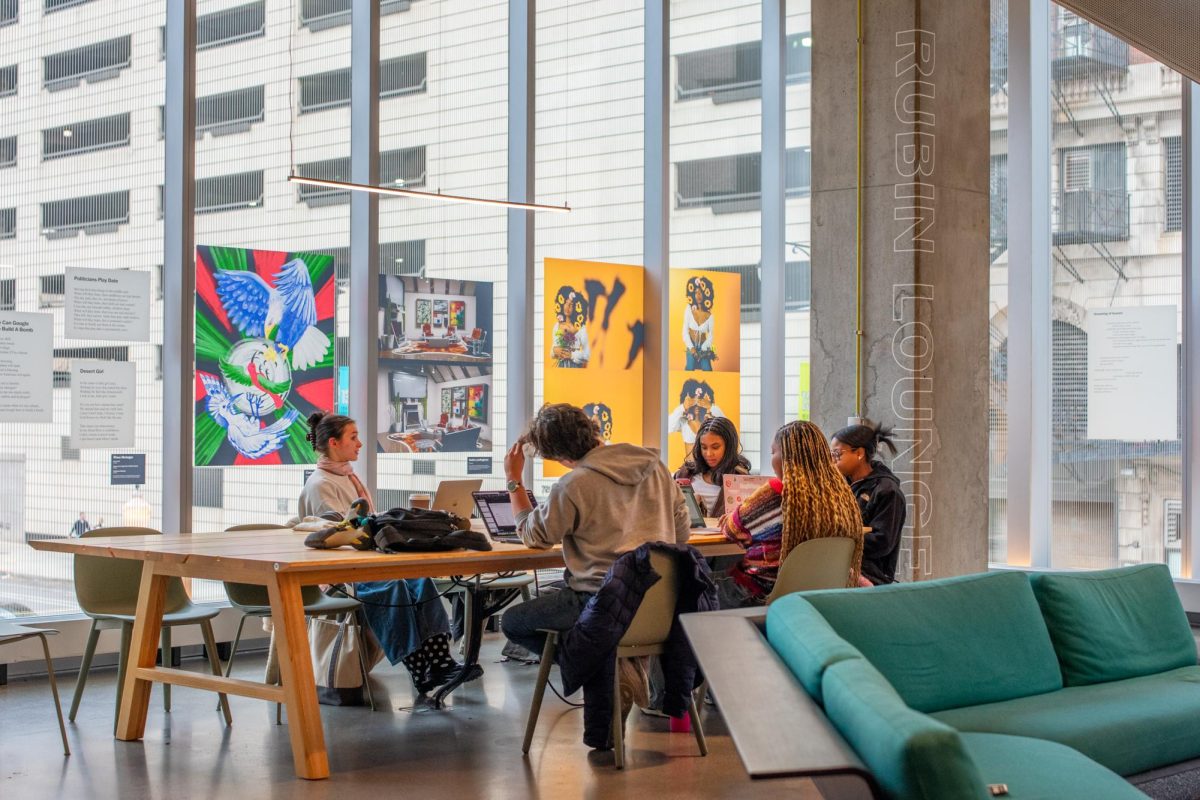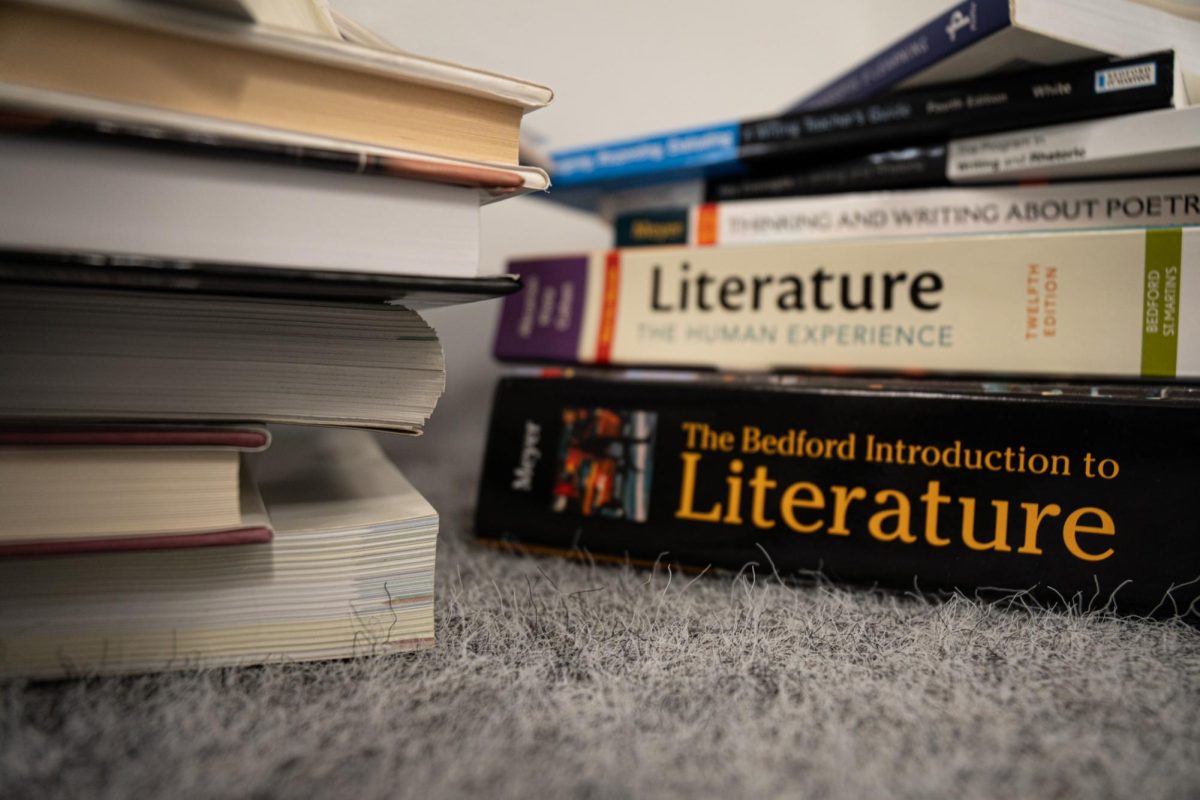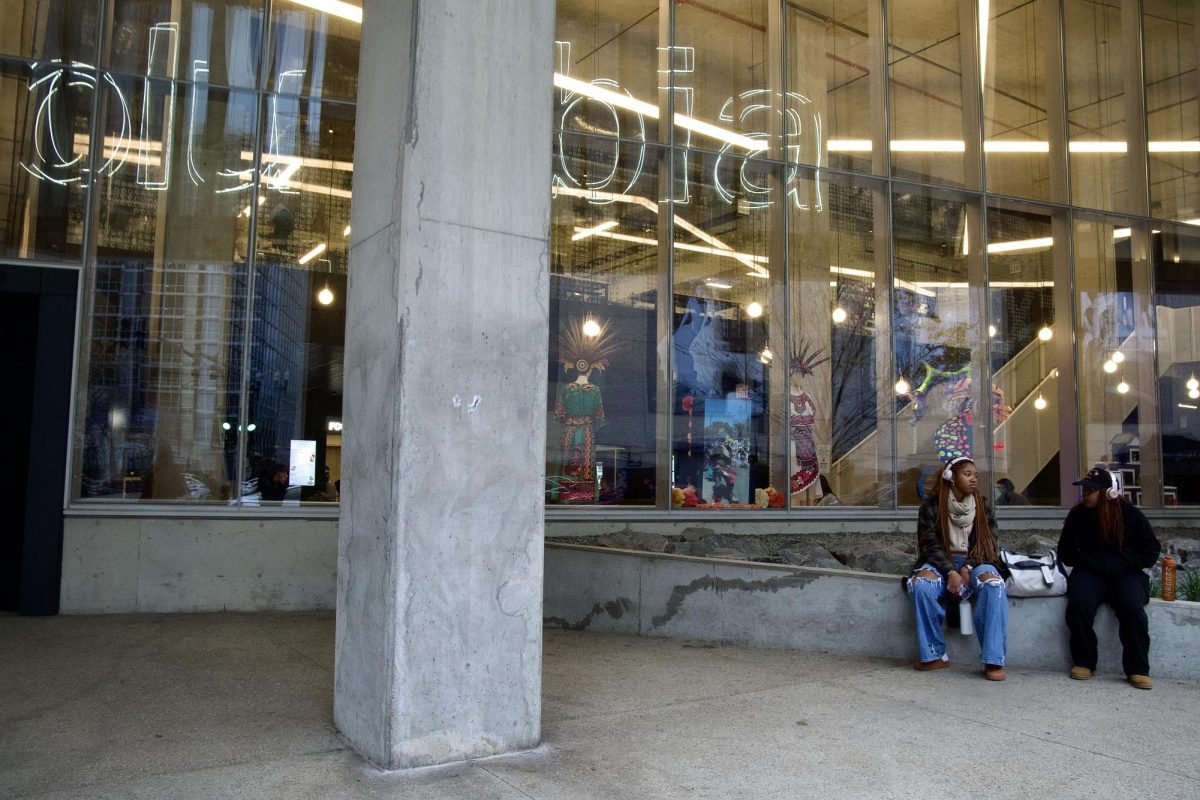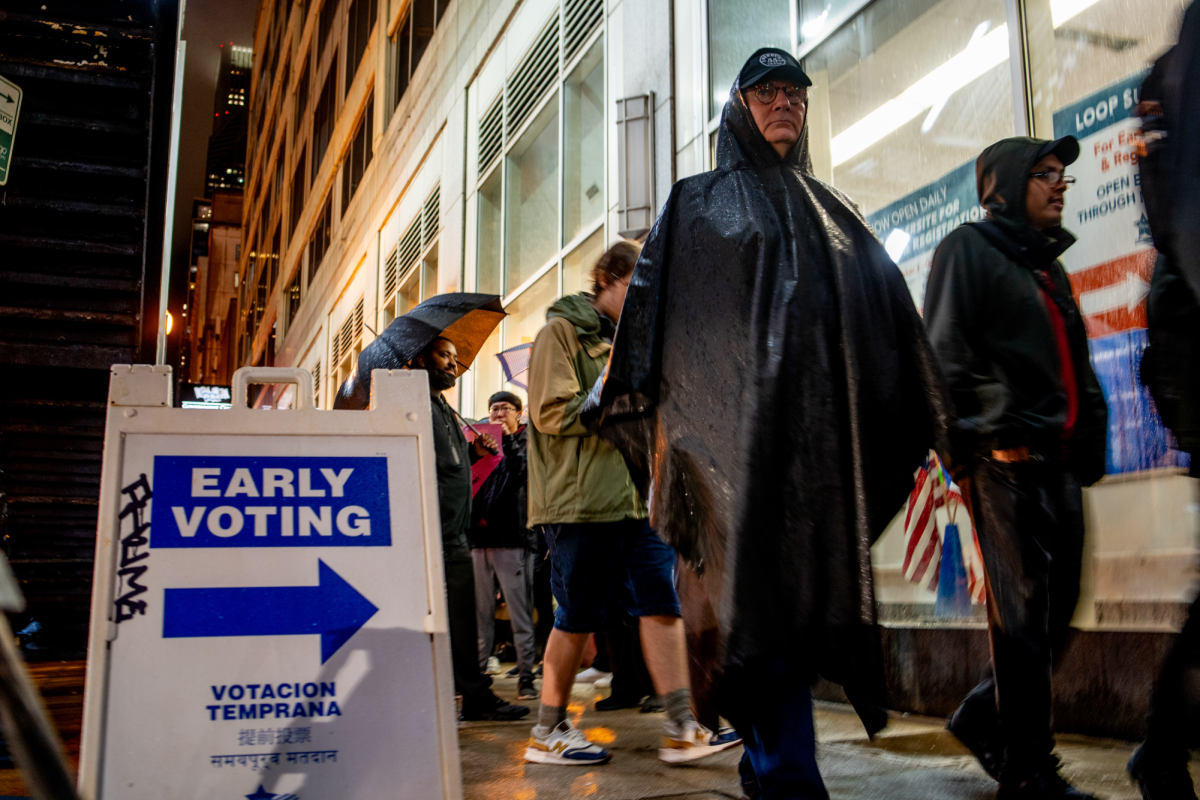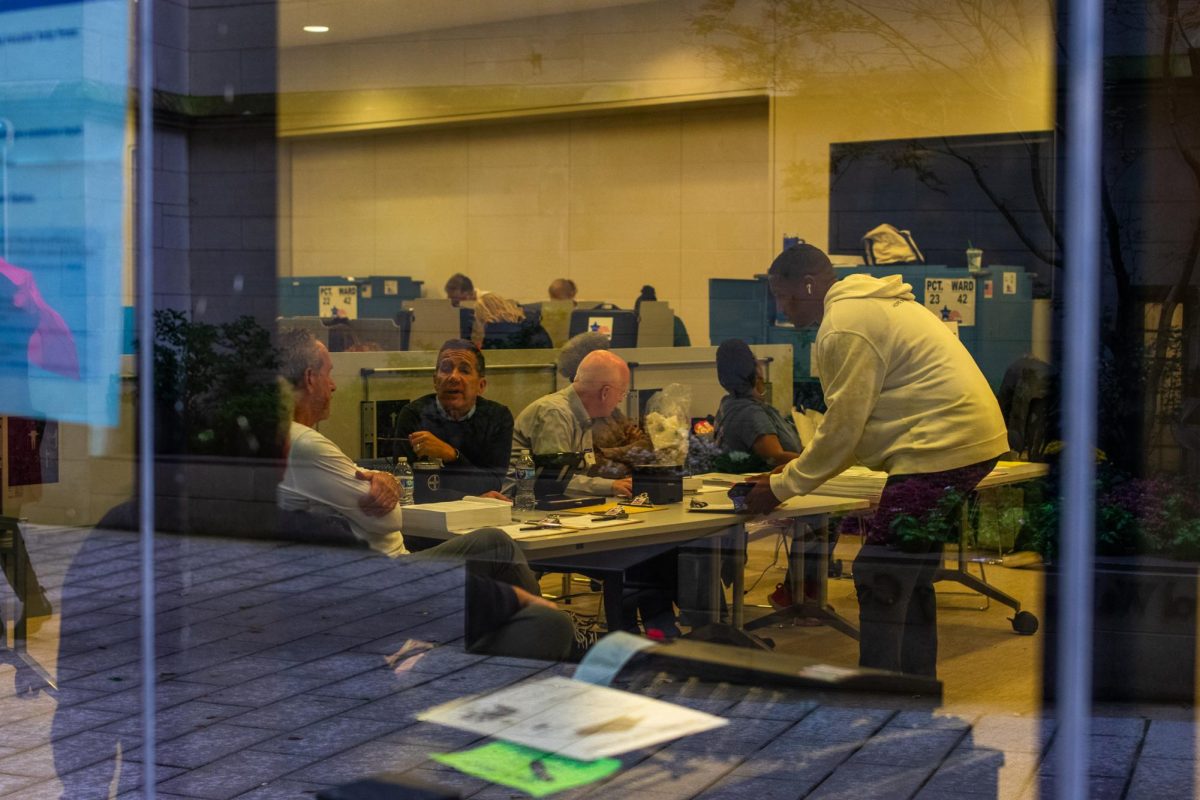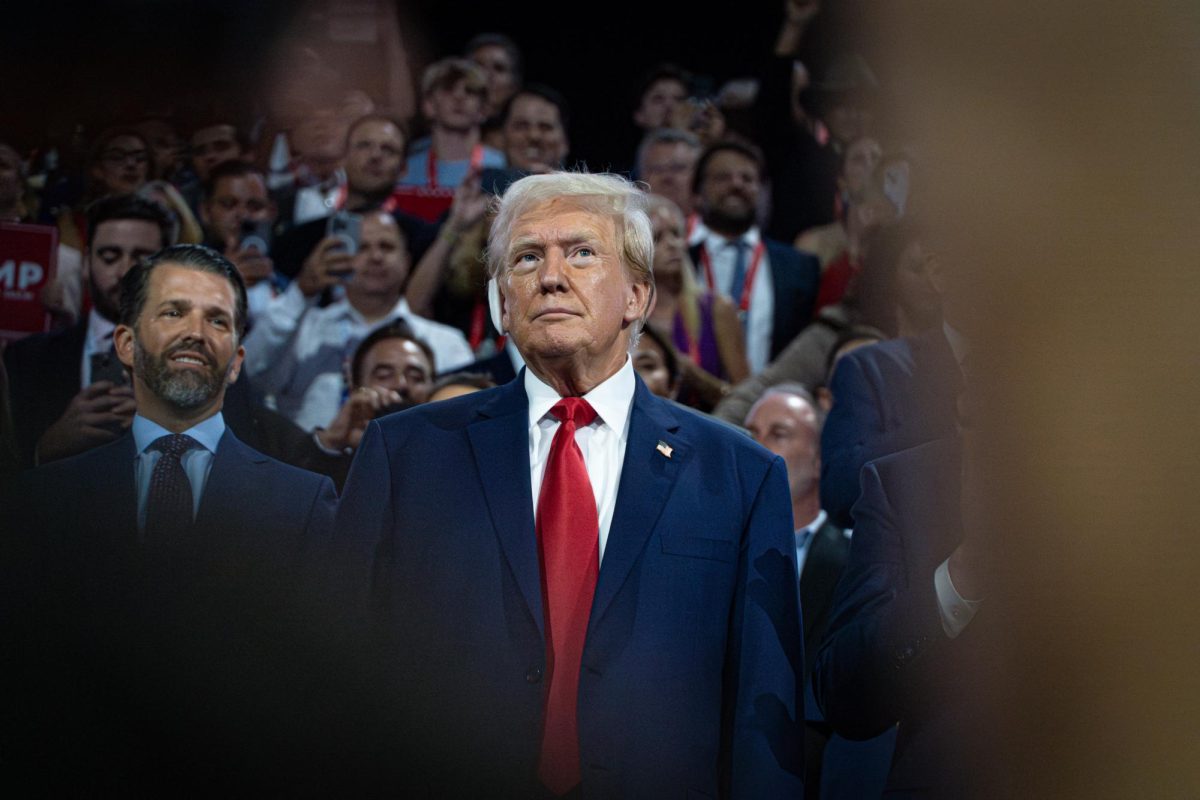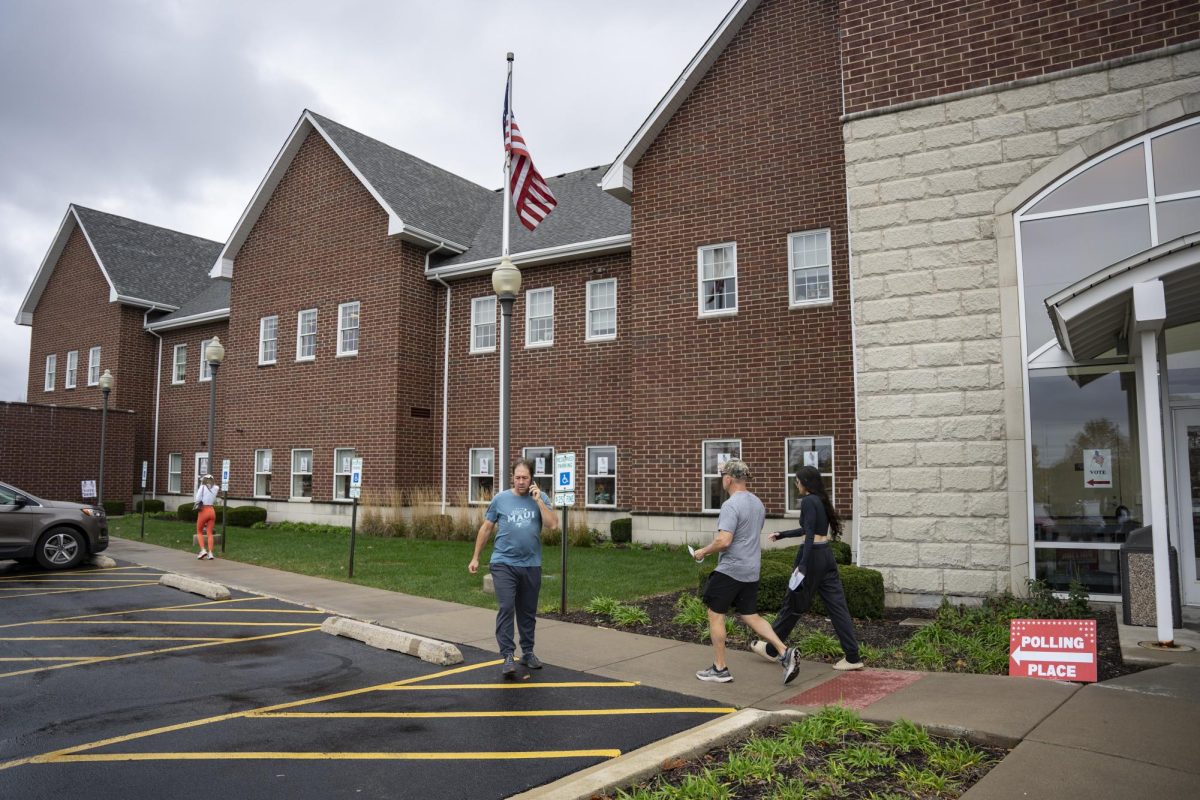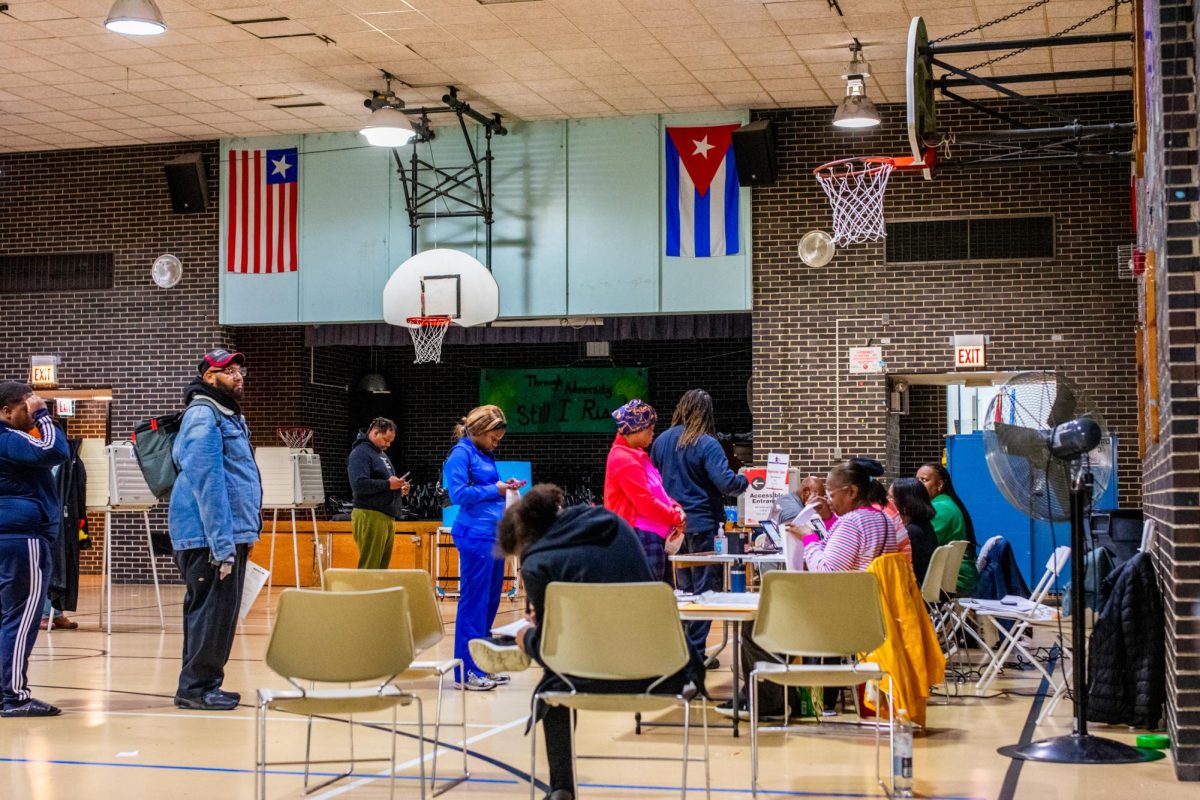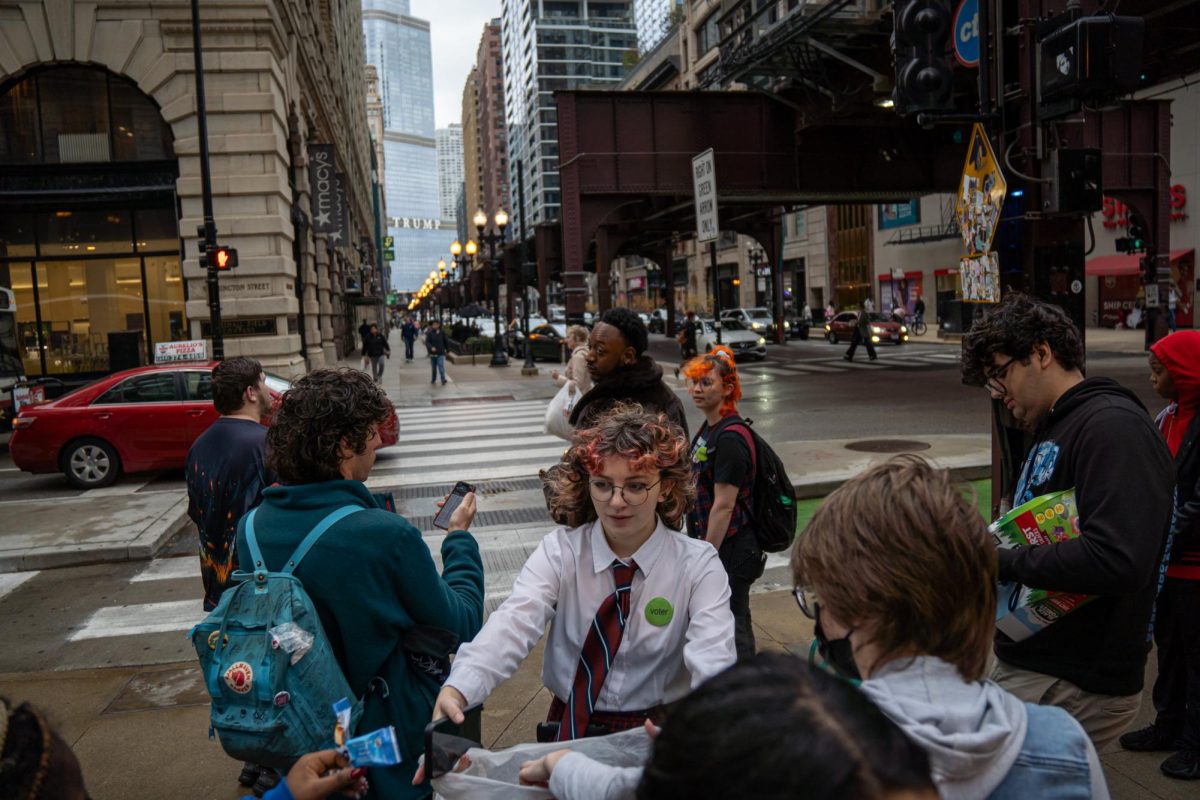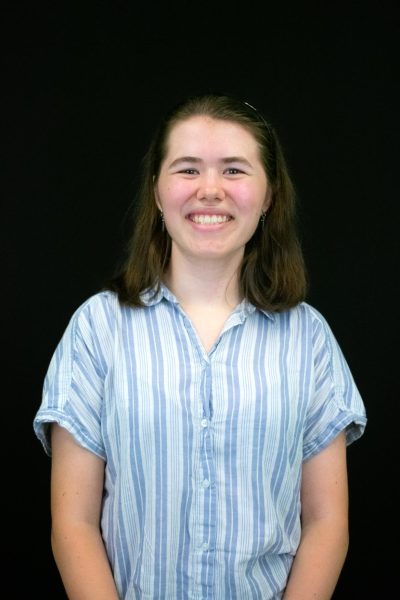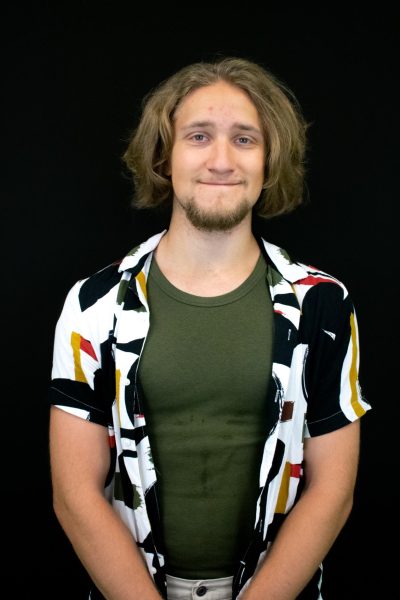In this year’s presidential election, one in every four poll workers in Chicago is a high school or college student.
Across different states and counties, there are different titles for poll workers; in Chicago, the main position poll workers take up is that of election judge. Responsibilities for this position include setting up voting equipment, greeting and checking in voters, issuing the correct ballots, helping voters with registration and more.
Poll workers get insight into the voting process behind the scenes. For the upcoming election, the city of Chicago has 1,700 high schoolers and just over 200 college students signed up to be election judges. The total poll worker force is 6,500 every election, meaning students take up one-fourth of the total.
“Student judges are a very big part of Election Day in Chicago and have been for many election cycles. Ultimately, this is one of the strongest ways that youth get involved in our elections in the city,” said Max Bever, a spokesperson for the Chicago Board of Elections. “Young people are really starting to show up and get fired up for this upcoming election. This data spells that out for us.”
Often, election judges are staffed far less for local elections than presidential ones, as poll workers for these elections are always in demand.
Election judge applications are open until Election Day. Although Chicago has met its quota for election judges, applicants will be added to a standby list and will be contacted by organizers if spots become available.
Election judges make up to $230 and typically work from 5 a.m. until results are in, usually around 8 p.m. There is a three to four-hour in-person training at Block 37 to be an election judge with online refreshers as needed.
Shavon Reznikov, a junior creative writing major, began working polls in high school. They work both big elections, such as the presidential election, as well as smaller, more local elections.
“The presidential ones are pretty big and there’s some interesting things that happen there and people argue with each other in the lines and whatever,” said Reznikov. “But a lot of the fun ones have been like, it’s just one school board and there’s like three candidates.”
Reznikov said it’s easy to do. “A lot of people should really be considering it and it is genuinely useful for the broader community.”
Those registered to vote outside of Chicago are unable to apply to be an election judge within the city but are encouraged to apply in the county or city they are registered.
But most importantly, they should vote, Bever said.
Election officials spend a lot of time reaching voters ages 17 to 24 “because historically it is one of the lower-end voting age groups.” While college-aged adults are usually among the groups with the lowest turnout rates, this year poll worker sign-up and new voter registration numbers for this age group are rising, according to Bever, indicating that this under-engaged group is getting revved up.
Emma Bloom, a senior graphic design major, had the importance of voting instilled in her from a young age and will be voting in person for this election. “I love talking to other people who are there, [it’s] really important. It’s also important to represent young people who are there, so I go at the crack of dawn. I’m there with all of the mature-in-age [people] and it’s very fun,” she said.
Bloom is voting in person this year after re-registering at a new address. The decision of where to register to vote is an issue students from outside of Illinois have to consider.
Sassy Dougherty, a senior fashion merchandising major, was a part of the mayor’s youth council back home. During her time on the council, she garnered a strong passion for the electoral process. Now, she is no longer on the council but engages with the election process through staying informed and participating in elections beyond just presidential years.
“I am registered to vote in Tennessee and in Chicago, so I am going to call someone and tell them to remove me from the Chicago ballot because I think that my vote matters more in Nashville,” said Dougherty.
For those who are interested in getting involved outside of voting, there are also countless options aside from being a poll worker.
Teddi Karnes, a sophomore film and television major, has been working for Columbia Votes since their freshman year. They have already requested their absentee ballot for their home state of Iowa, but on the day of the election they are considering participating in Party at the Polls, an event where participants walk together to a voting center, “so that those who have never voted before [and] are nervous about doing it for the first time have a group of people that know where they’re going and what they’re doing,” said Karnes.
Chicago Votes is a nonpartisan nonprofit that also hosts parties to the polls, among other political events including happy hours, panel discussions, and art gallery walks. The college also has an on-campus organization called Columbia Votes.
“Our whole goal here is to make democracy more accessible and fun for young Chicagoans,” said Tre King, a member of the Chicago Votes board of directors. “It doesn’t necessarily mean that you have to be from Chicago, but we like to think of ourselves as serving the greater Chicago community.”
King is putting on a fashion show through Chicago Votes for the upcoming election titled the “Give A Shit Fashion Show,” named after one of the organization’s three initiatives. The other two are “unlock civics” and “reimagining democracy.”
The event takes place Saturday, Nov. 2 on the first floor of the Chicago Athletic Association in The Tank. Attendance is free but registering is encouraged through their Instagram bio. It is the third fashion show King has put on and the second one this year.
Copy edited by Doreen Abril Albuerne-Rodriguez


